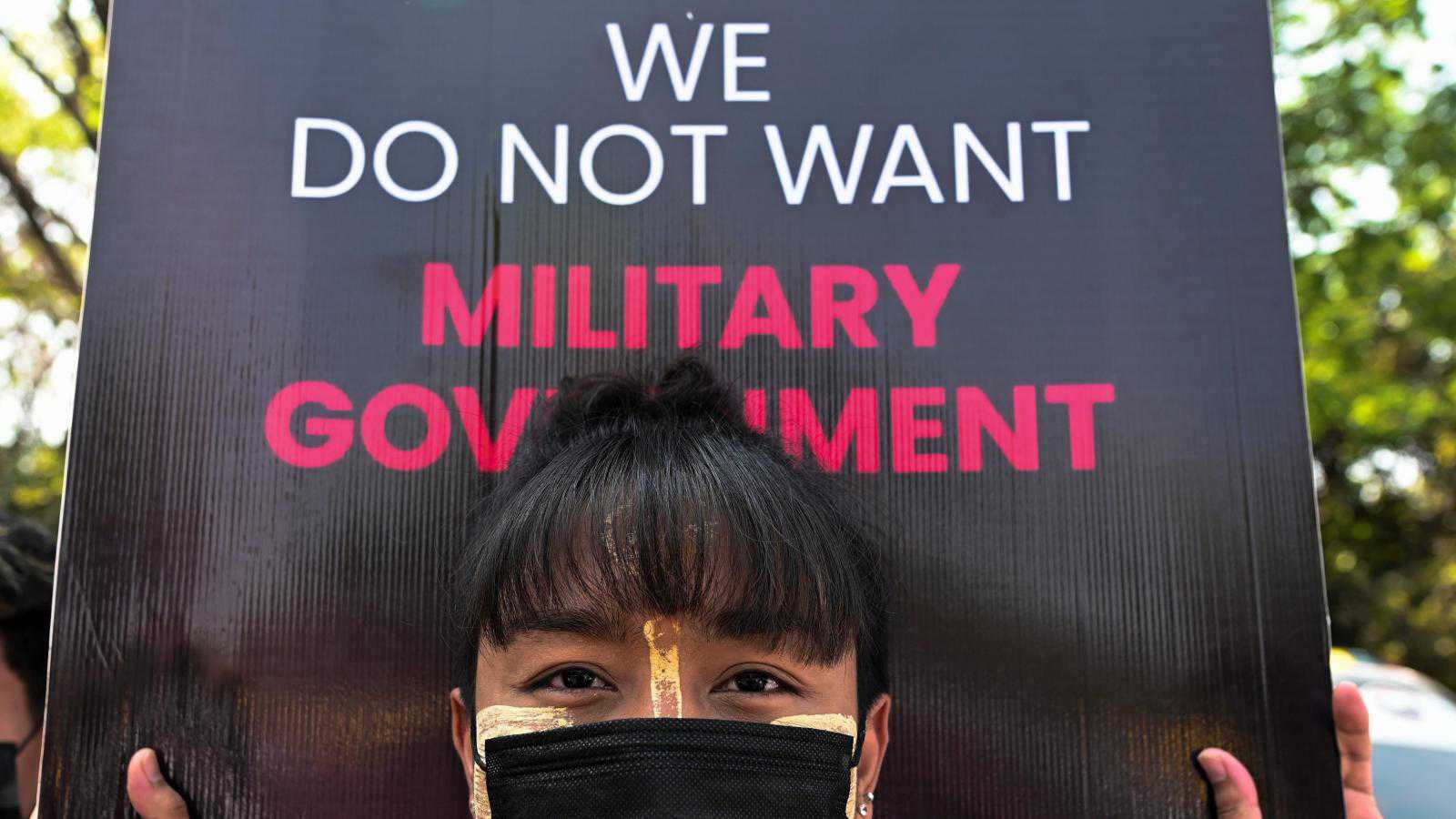Clothing companies possess a rare possibility to be a drive once and for all in Myanmar

Image: Collected
Fashion companies have often been criticized for counting on low-paid workers in a few of the world’s poorest countries to create their apparel. In Myanmar, they will have an possibility to use their occurrence in that country to be a force for good.
On Feb. 1, the Myanmar armed service seized control of the government after voters in the latest election overwhelmingly supported the party of popular innovator and tarnished democracy icon Daw Aung San Suu Kyi. Since getting into power in 2015, Aung San Suu Kyi acquired preserved a delicate peace with the armed service, which ruled Myanmar for many years before finally needs to ease its grasp in 2010 2010. Protesters denouncing the coup have loaded the streets, defying the significantly violent response from the military, which has killed dozens of civilians.
Among those leading an over-all strike are personnel from Myanmar’s rapidly growing garment industry. Clothes exports have become essential to the country’s market, totaling more than $5 billion in 2019, relating to World Trade Corporation info, and accounting for more than 30% of total exports. The situation gives fashion firms sourcing in the united states significant collective leverage, and an opportunity to use it in positive ways.
Clothing firms have already been flocking to Myanmar in recent years for its low wages and advantageous trade marriage with europe. Sweden’s H&M lists 42 making factories in the united states on its published set of suppliers. Primark in the UK options from 21 factories in the united states, and then, also from the UK, buys from 40 factories (pdf). Fast Retailing, parent business of Japan’s Uniqlo, lists six factories (pdf) in Myanmar among its suppliers. Most of the garments leaving the country would go to Europe, Japan, and the US.
How fashion companies may support staff in Myanmar
These businesses may use their influence in a variety of ways. One of the most crucial would be to declare publicly they won’t accept employees at supplier factories getting fired or disciplined for becoming involved the pro-democracy protests. Employee unions have asked because of this step, saying their participants can deal with intimidation and threats such as firing or earnings cuts, regardless if they use getaway leave for time off. “This is the time for brands to greatly help the employees of Myanmar, because personnel and our country want democracy,” Ma Moe Sandar Myint, chairwoman of the Federation of Garment Workers of Myanmar, told Vogue Business (paywall).
Trade associations representing international fashion companies have already called for the military to revive the civilian federal government and let go detained officials. A joint affirmation by the Ethical Trade Initiative, American Apparel & Footwear Association, Good Labor Association, and different groups also listed guidelines individual corporations should take. Included in these are severing ties with businesses immediately or indirectly manipulated by Myanmar’s armed service, cooperating with suppliers to make certain workers are both secure and financially secure, presenting suppliers leeway on agreement or delivery conditions due to all of the disruptions in the united states, and keeping a primary dialog with trade unions and employee representatives.
Overseas fashion companies have generally said little so far on how they’re responding, though Reuters reported today that H&M is pausing latest orders in the united states. H&M’s Myanmar manager said the business wasn’t producing any long-term decisions but and temporarily halted orders “because of practical problems and an unpredictable circumstances” which has caused problems importing recycleables and transporting finished apparel.
The crisis, meanwhile, keeps escalating. If there’s an instant for companies to step up, it’s now.
Source: https://qz.com
Previous Story
- Kenilworth College students Nonprofit Clothing Line Come to...
- What sort of Howard University senior switched a...
- In the textile industry, old is becoming increasingly...
- Vietnam stole a good march on Bangladesh in...
- Made in Bangladesh’ may in the near future...
- Here's Another Opportunity Department Stores Can't Capitalize On
- Facebook is rejecting advertisings for stylish clothing made...
- Indian Sari Weaver Creates Sustainable Cloth Out Of...